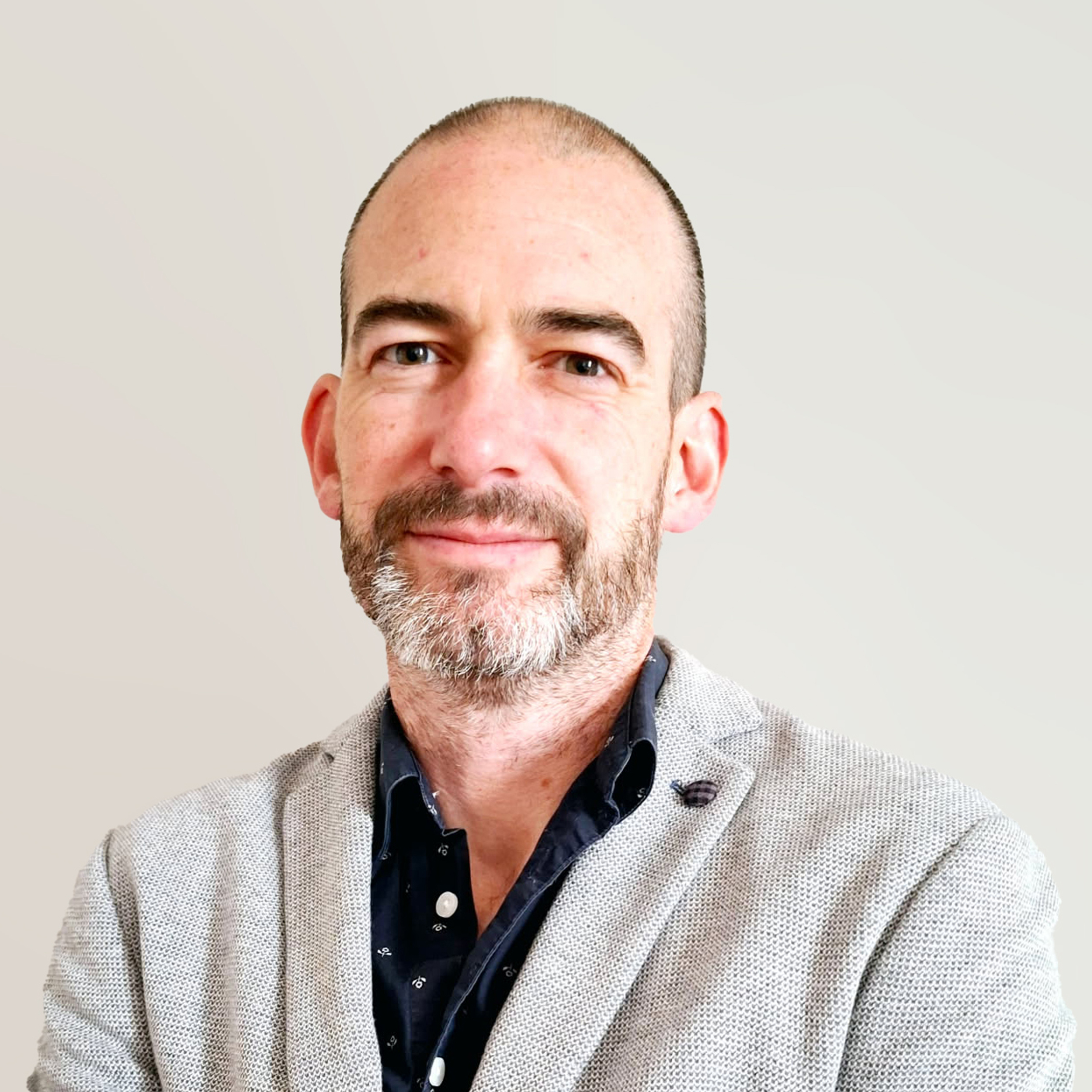The next RED School will be March 15-21, 2026
Discover the school program and apply
RED 26
Here’s the team of teachers in charge of this year’s courses, with whom you’ll have the opportunity to interact
Biogeochemistry, Stable Isotopes, Early Earth, Oxygenation
Christophe Thomazo’s research focuses on understanding the co-evolution of life and Earth’s early environments, particularly during the Archean and Proterozoic eons. His work integrates isotope geochemistry, biogeochemical cycling, and microbial processes to investigate the interactions between ancient life and the geosphere. Key themes include the role of microbial metabolisms (e.g., nitrogen, sulfur, and carbon cycles) in shaping early Earth’s redox states and the emergence of oxygenic photosynthesis. His studies often combine field observations, laboratory experiments, and modeling to decipher biosignatures in ancient sedimentary rocks, providing insights into the timing and mechanisms of Earth’s oxygenation and the rise of complex ecosystems. A distinctive aspect of his approach involves using modern sedimentary analogs—such as microbial mats, euxinic basins, and redox-stratified lakes—to better constrain transfer functions of biosignatures from the biosphere to the geological record. By comparing contemporary biogeochemical processes with ancient rock archives, his research improves the interpretation of isotopic and elemental proxies, also helping to disentangle biological signals from abiotic overprints.
